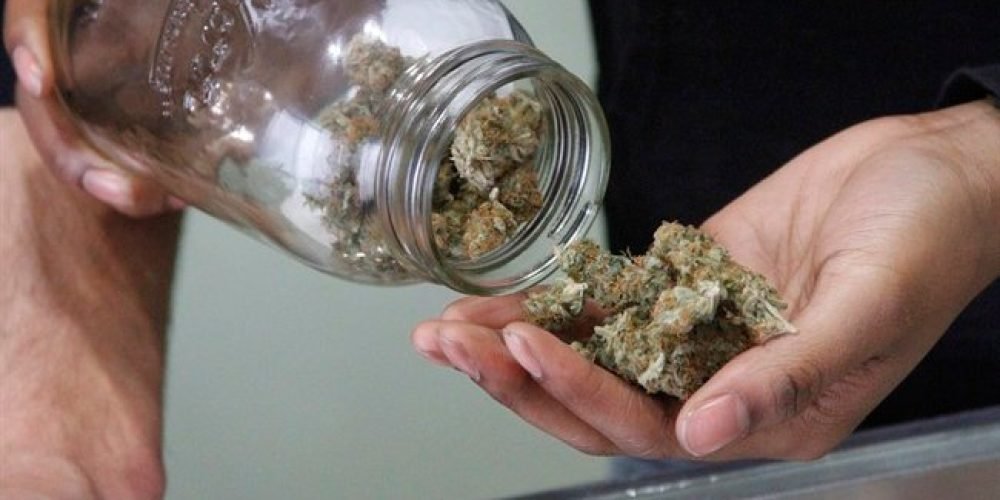https://globalnews.ca/video/rd/b7a18c12-1c28-11ea-9f19-0242ac110003/?jwsource=cl
Two years after the federal Cannabis Act came into effect, an advocacy group is calling for changes when it’s up for review this coming year.
A Medical Cannabis Patient Survey of about 1,000 patients using cannabis medicinally, by Medical Cannabis Canada, found that systemic barriers are preventing the majority of those patients from going through the legal medical market.
The results show that just 37 per cent of patients are obtaining a medical document (similar to a prescription) and that only 24 per cent of those without one consult a healthcare practitioner about their treatment, with the majority turning to other sources instead.

“Websites, friends and family, or even ‘bud-tenders’ or salespeople at recreational stores,” said Max Monahan-Ellison, Medical Cannabis Canada Board Member and MCPS Project lead.
In order to obtain a medical document, a patient must first consult a health care provider. The survey results show that 83 per cent of patients feel there is a stigma among medical professionals surrounding cannabis use, and 57 per cent say they struggle to find a doctor to speak to about getting the document.
When a patient does manage to obtain the document, the only way to purchase medical cannabis is directly from licensed sellers through the mail.
“There’s no brick and mortar places to go. You can’t go into a pharmacy and get your treatment alongside your other medications,” Monahan-Ellison said.
Another option for patients is purchasing recreational cannabis or growing it themselves.
The Cannabis Act includes a federal excise duty on medical cannabis which, along with provincial taxes and a lack of widespread benefits coverage, can make the treatment prohibitively expensive.
Sixty per cent of survey respondents said eliminating these taxes would reduce their use of the unregulated market.
Medical Cannabis Canada is also calling for better accessibility, specifically distribution through pharmacies and the ability to obtain guidance from pharmacists.
“It’s important to maintain some federal system, it’s important that patients can access through the mail because for those with disabilities it can be very helpful,” said Monahan-Ellison.
“Pharmacist guidance and distribution with the pharmacy is also a factor that we think will help reduce the stigma patients face, because it does put cannabis in line with other prescription therapies.”
Patients who have a medical document also reported a greater impact on their treatment during the COVID-19 pandemic, and one in four have returned to the use of anti-inflammatories and opioids due to barriers in the legal medical market.
You can see the full results of the survey here.
Source: Globalnews.ca









